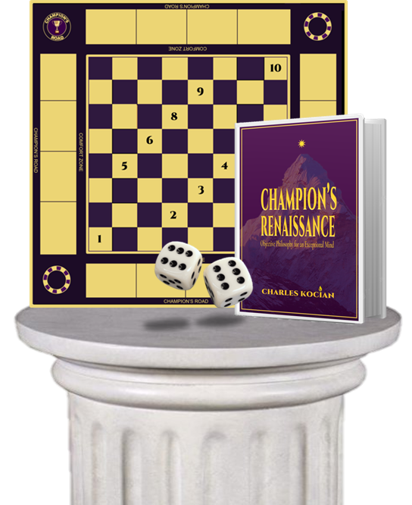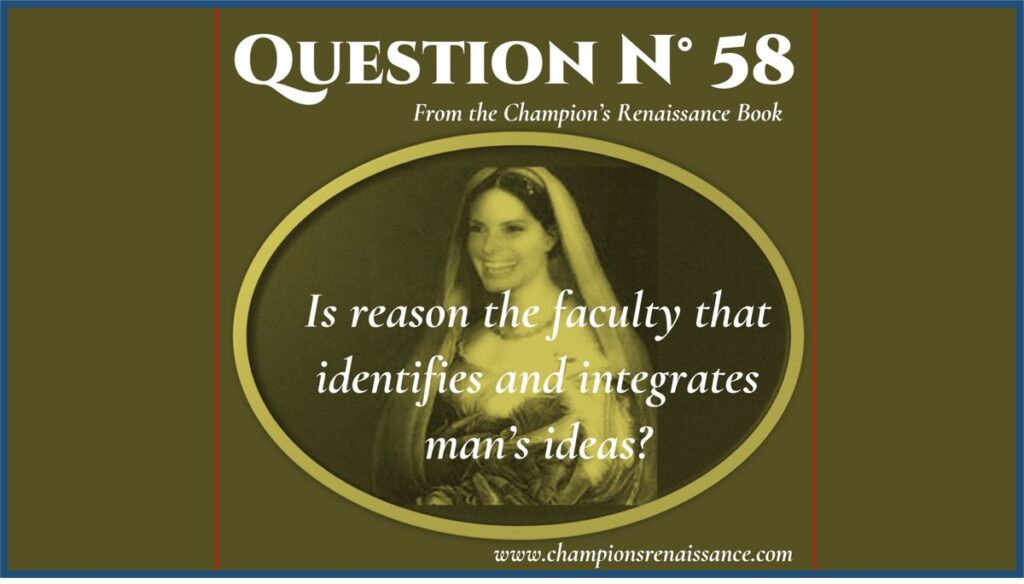
(Answer at the end).
TELOS
By Charles Kocian
The U.S. citizen actress Sandra Bullock commented at the beginning of 2022 that she suffered from burn-out, a disease defined in the 11th Revision of the International Classification of Diseases (ICD-11) as: “a syndrome conceptualized as resulting from chronic workplace stress that has not been successfully managed.” The World Health Organization say its symptoms characteristics are “feelings of energy depletion or exhaustion; increased mental distance from one’s job, or feelings of negativism or cynicism related to one’s job; and reduced professional efficacy.”
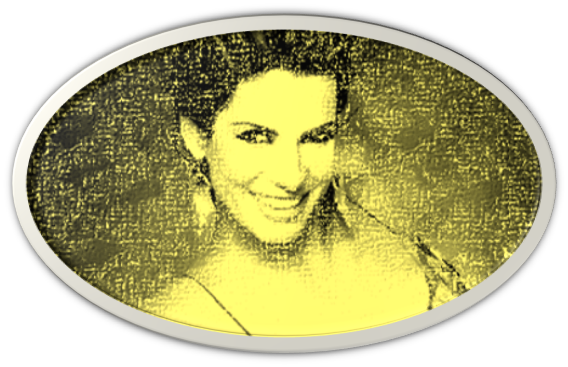
Bullock said that, although work always was a constant for her and she felt very lucky about it, “it was like opening a fridge all the time and looking for something that was never there”. She added that “I don’t want to be beholden to anyone’s schedule but my own. I’m so ‘burned out’. I’m so tired and I’m not able to make healthy and smart decisions and I know it.”
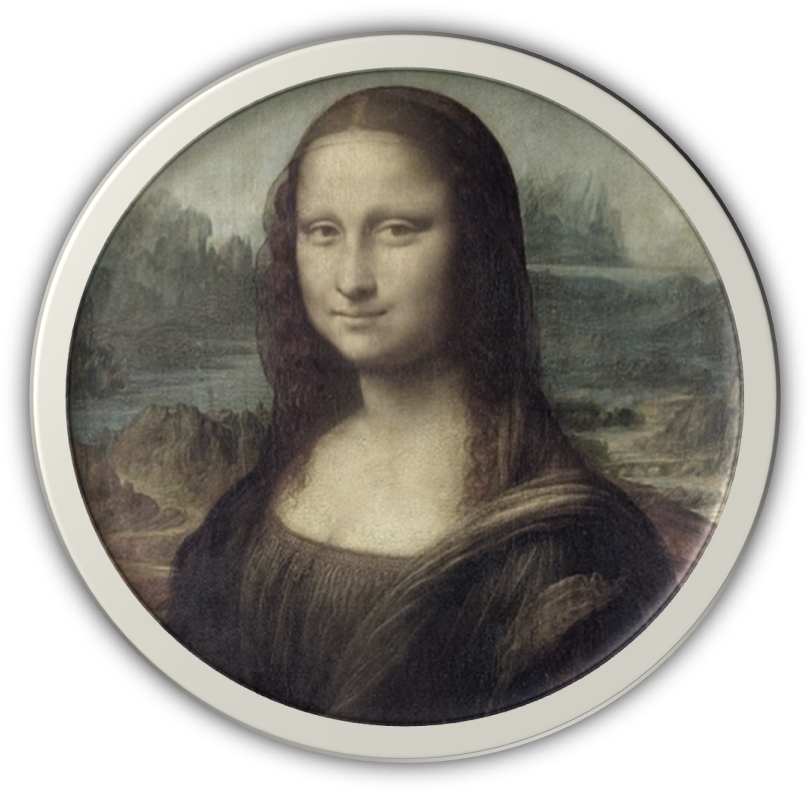
Mona Lisa.
Leonardo da Vinci, the icon of the Renaissance Man, some scholars say, slept for 15 minutes every 4 hours, which left him with 22.5 hours per day to do his great work. He worked as a painter, sculptor, engineer, architect, scientist and philosopher. Although he worked a lot, he did not suffer the burn-out disease Bullock suffers, because for him, he said, “the greatest pleasure is the joy of understanding”. For Leonardo da Vinci, work hard to understand nature was its greatest pleasure and it makes sense; for Bullock, working hard it did not make sense and turn to be painful.
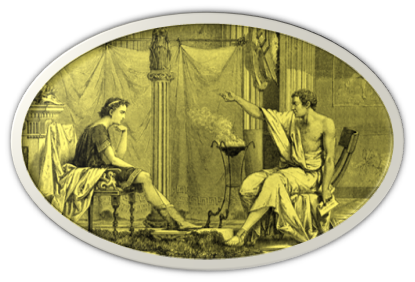
Alexander and Aristotle.
Aristotle, the tutor of Alexander the Great, worked a lot too. He was extremely curious and was intensely interested in every subject he could think about. The human race has a lot to thank to its great mind who is still alive in our logical thinking. He founded the Lyceum where he probably composed, some scholars say, most of his around 200 works which only 31 survived.
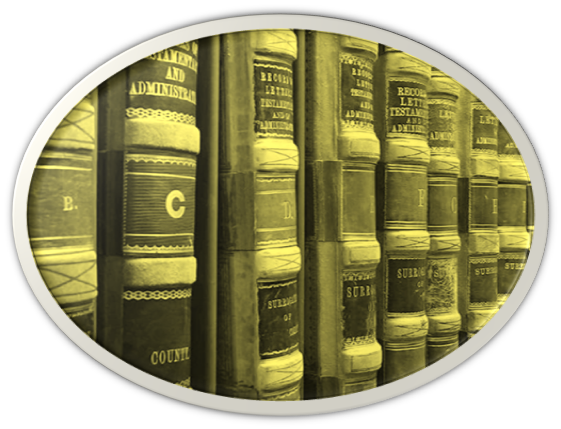
The texts of Aristotle survived from antiquity through medieval manuscript transmission in the Corpus Aristotelicum. Although Aristotle thinking was based in evidence and logic, in his time the scientific method was not developed as today, so he made some mistakes, but it is an old lie to say he did hold back the progress of science for two thousand years. On the contrary, he is the founder of science.
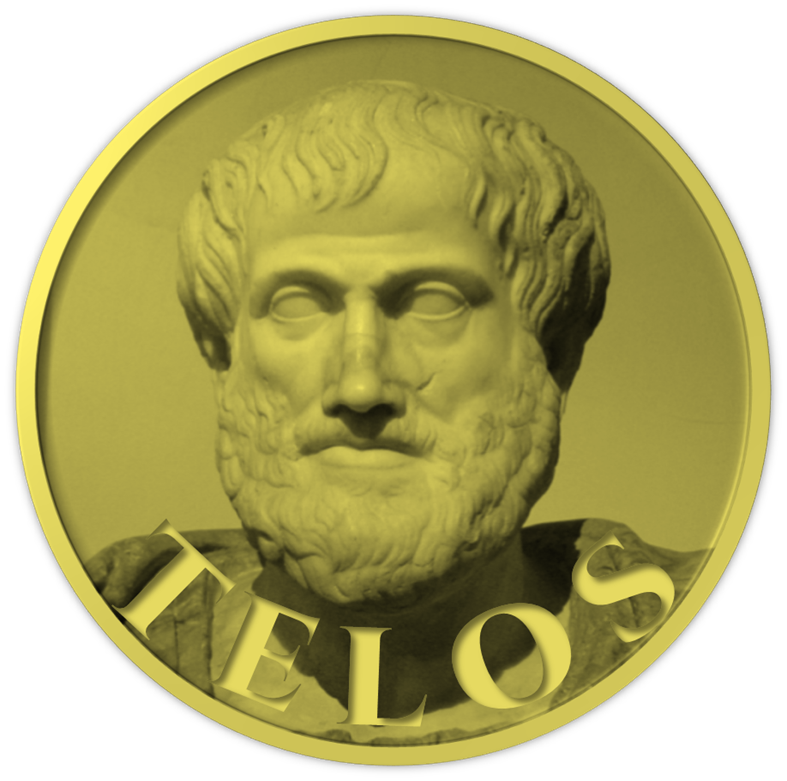
The idea of telos was developed by Aristotle.
It was Aristotle, that defined man as a rational-animal. Reason is man’s essence, that what makes man a man and no other thing. All animals know reality through sensory perceptions, including man, but only man have the conceptual faculty. Man’s reason integrates its sensory perceptions in concepts to discover the absolute laws of nature. Man is the only animal who have the conceptual faculty, but not all man knows how to use it properly. Aristotle philosophical thinking also concluded that every object has a final cause, a final purpose, including man, and he called it TELOS. So, what is the relation between Telos and a man?
CONCLUSION
If everything has a TELOS, then, the Telos of a knife is to cut; if it cuts well, it’s a good knife. The Telos of a clock, is to measure time with precision; if it measures well, is a good clock. The Telos of a heart, is to bump blood; if it does it right, is a good heart. The Telos of a man (the rational-animal), is its reason (its conceptual faculty); if he learns how to use it properly, he is a good man. Therefore, only the optimal-rational-animal (the man who refine its conceptual faculty), is morally a good man, because he fulfils its Telos. Its reward is eudaimonia. Eudaimonia, Aristotle said, is the highest possible happiness for man, because he decided to practice his rational virtues. Therefore, the man who gets eudemonia, like Leonardo da Vinci or Aristotle did, they will never have the painful symptoms of the burn-out disease Sandra Bullock actress has. On the contrary, the happiness of eudaimonia is deep and complete, because it derives from hard productive work that produce the greatest moral pleasure. So, ask yourself: am I working to survive, to be famous or to achieve eudaimonia?
Now answer to question 58.
QUESTION N° 58
Reason is the faculty that identifies and integrates man’s ideas.
a) True
b) False
The answer is: b) false. In the words of Ayn Rand, reason “is the faculty that identifies and integrates the material provided by man’s senses.”
Leave your comments here.
